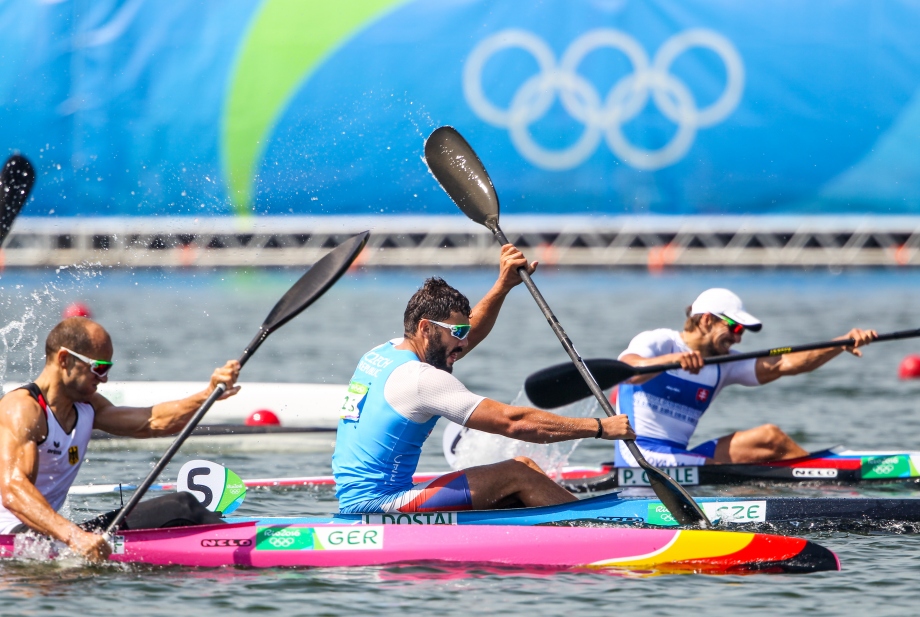It’s no fluke that the country which first hosted canoe sprint at an Olympic Games has also been the most successful nation at the sport’s 20 appearances.
Ever since Munich first welcomed canoe sprint to the Olympic program in 1936, Germany has dominated the medal table. East and West Germany picked up 32 medals between them, and modern day Germany has notched up 65 podiums, including 31 gold.
The most dominant athlete in Olympic history is Germany’s Birgit Fischer-Schmidt, an eight-time gold medalist who picked up 12 medals altogether over six Olympics. She could have won even more, had East Germany not boycotted the 1984 Los Angeles Games.
The top three medal winners of all time are all women. Hungary’s Danuta Kozak has eight medals, including six gold, and New Zealand’s Lisa Carrington, five gold and one bronze and six medals overall. Both Kozak and Carrington could add to their medal tallies in Paris.
Romania’s Ivan Patzaichin is the most successful male athlete, with four gold and three silver. A total of 37 countries have won Olympic medals.
Of the races that featured on the first Olympic program in 1936, only the men’s K1 and C1 1000 metres remains. The program has constantly evolved over the more than 80 years, most recently in Tokyo when women’s C1 and C2 was added to the program, and the men’s K4 was shortened to 500 metres for the first time.
In Paris 10 gold medals will be up for grabs. Men’s and women’s K1 200 won’t be contested, and the men’s C2 and K2 will be shortened from 1000 metres to 500 metres.





